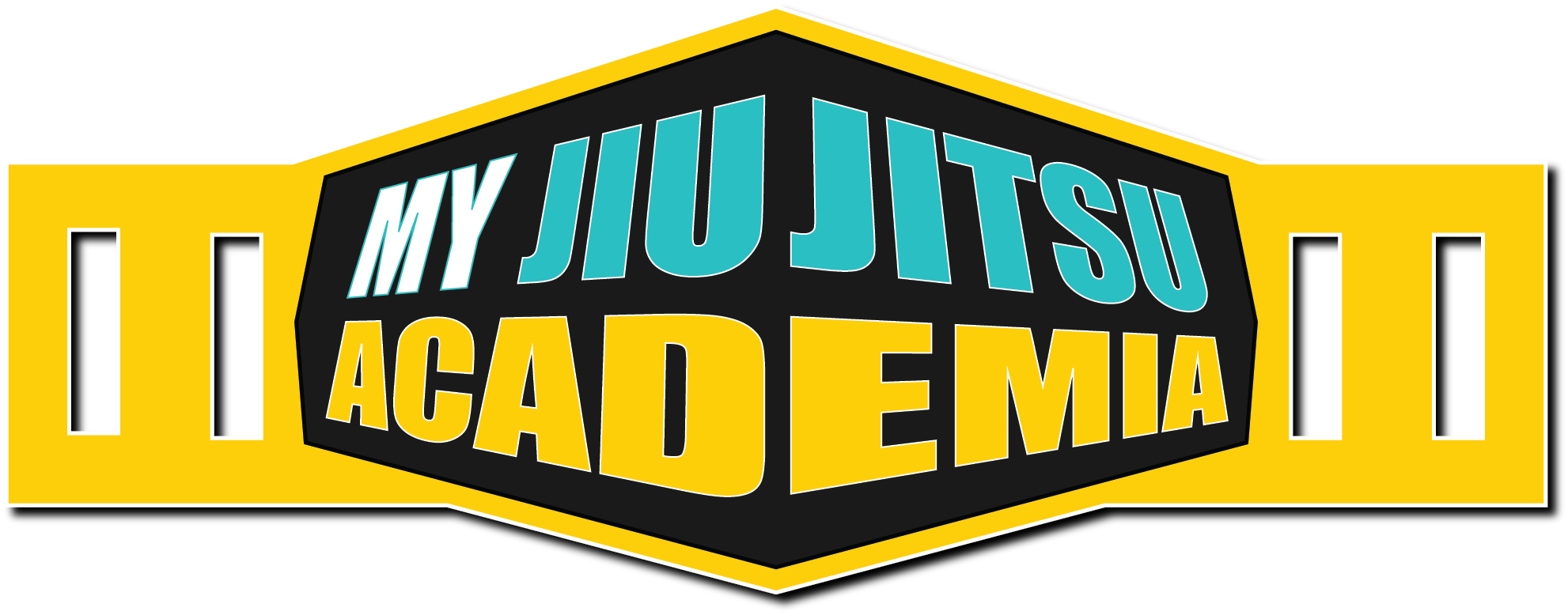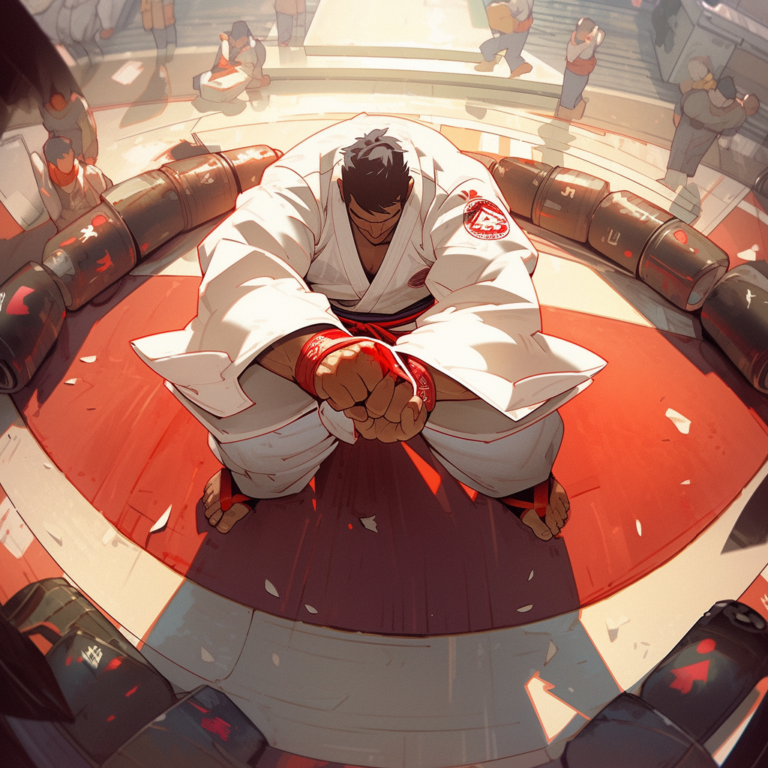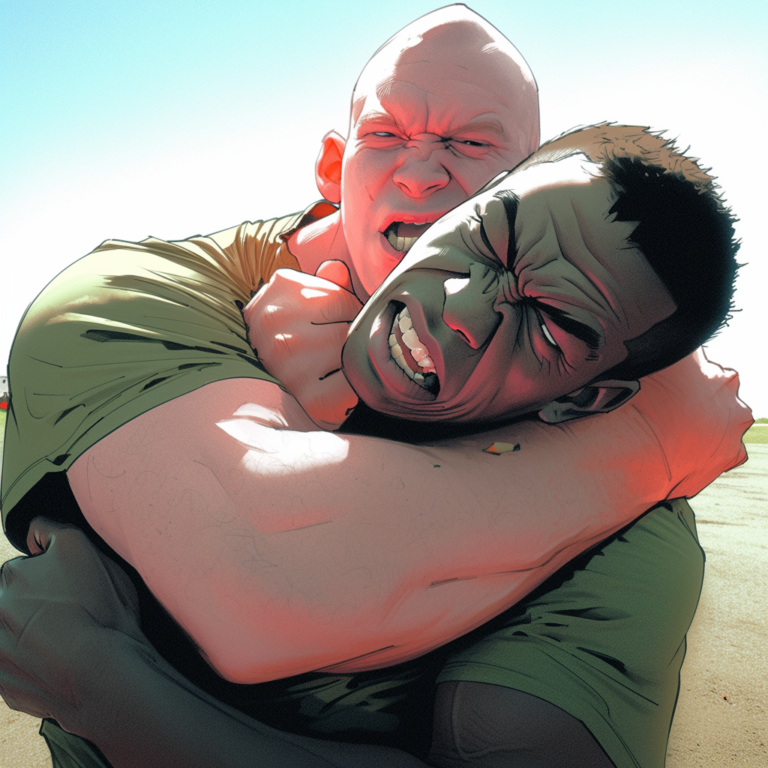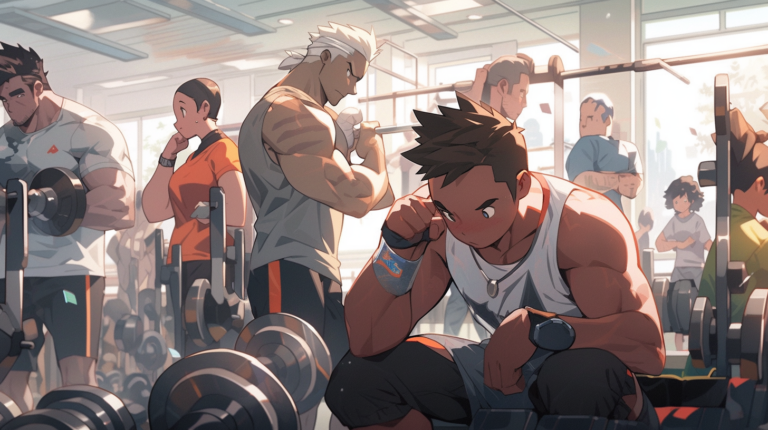Jiu Jitsu Training in your 30s: A Guide To Achieving Success
If you’re a jiu jitsu athlete in your 30s, it’s never too late to start or continue your training. As we age, our bodies change, and our physical capabilities can diminish. However, with the right training and mindset, you can still achieve success in jiu jitsu. In this article, we’ll discuss everything you need to know about jiu jitsu training, from the basics to advanced techniques, to help you achieve your goals as you jump into the game of jiu jitsu.
Introduction
Jiu jitsu is a martial art that originated in Japan and has become popular worldwide. It’s a grappling-based sport that involves taking an opponent down and submitting them using techniques such as joint locks and chokes. Jiu jitsu is an excellent workout for the body and mind and can help improve your overall health and well-being. For athletes in their 30s, jiu jitsu training can provide a great way to stay active, relieve stress, and learn self-defense skills.
As a jiu jitsu athlete starting in their 30s, you may be wondering how to approach your training to ensure success. Here are some tips to help you get started:
1. Take it slow
When starting jiu jitsu training in your 30s, it’s essential to take things slow. Your body may not be used to the physical demands of the sport, and you don’t want to risk injury. Start with the basics, and gradually build up your skills and intensity over time.
2. Focus on technique
Technique is crucial in jiu jitsu, especially for athletes in their 30s. You may not be able to rely solely on strength and athleticism, so it’s essential to focus on technique. Take the time to learn proper form and positioning, and practice regularly to improve your skills.
3. Train regularly
Consistency is key when it comes to jiu jitsu training. Aim to train at least three times a week to see progress and avoid losing your skills.
4. Listen to your body
As you age, your body may not recover as quickly from injuries and fatigue. It’s essential to listen to your body and rest when needed. Don’t push yourself too hard and risk injury, as this can set you back in your training.
5. Stay motivated
Jiu jitsu training can be challenging, especially as you get older. However, it’s important to stay motivated and focused on your goals. Set realistic goals, celebrate your achievements, and surround yourself with supportive people to stay motivated and on track.
6. Modify your training
As an athlete in your 30s, you may need to modify your training to account for any physical limitations or injuries. Work with your coach to develop a training plan that works for you and your body.
The Benefits of Jiu Jitsu Training for Athletes in their 30s
Jiu jitsu training offers numerous benefits for athletes in their 30s. Here are just a few of the advantages:
1. Improved flexibility
Jiu jitsu requires a lot of flexibility, and regular training can help improve your range of motion and prevent injuries. Make sure if you’re older you are taking the proper time to stretch before and after your jiu jitsu training.
2. Increased strength and endurance
Jiu jitsu training is an excellent workout for the entire body, helping to increase strength and endurance.
3. Enhanced mental focus
Jiu jitsu requires mental focus and concentration, and regular training can help improve your mental clarity and
1. Improved flexibility
Jiu jitsu requires a lot of flexibility, and regular training can help improve your range of motion and prevent injuries.
2. Increased strength and endurance
Jiu jitsu training is an excellent workout for the entire body, helping to increase strength and endurance.
3. Enhanced mental focus
Jiu jitsu requires mental focus and concentration, and regular training can help improve your mental clarity. Which can be difficult to maintain for many athletes. However, the good news is that regular jiu jitsu training can enhance your mental focus and concentration abilities. This is because the intense physical training involved in jiu jitsu can help you to develop mental strength and discipline, which will improve your ability to stay focused on the task at hand.
When you’re on the mat, there’s no room for distractions or wandering thoughts. You need to be completely present in the moment, aware of your opponent’s movements and ready to react at a moment’s notice. This kind of mental focus can be difficult to achieve at first, but with regular practice, you’ll find that it becomes easier and easier to achieve.
The mental benefits of jiu jitsu don’t just stop at the gym, either. Improved focus and concentration can carry over into other areas of your life, such as work and relationships. You may find that you’re better able to concentrate on tasks at work or that you’re more attentive to your partner’s needs.
4. Increased physical fitness
Jiu jitsu training is an excellent way to improve your physical fitness and overall health. The intense workouts involved in jiu jitsu can help you to burn calories, build muscle, and increase your cardiovascular endurance. This can lead to a wide range of health benefits, such as improved heart health, lower blood pressure, and reduced risk of chronic diseases like diabetes and obesity.
Furthermore, jiu jitsu training can help you to develop functional strength and flexibility. The movements involved in jiu jitsu require a great deal of core strength and flexibility, which can help to improve your overall fitness and reduce your risk of injury.
5. improved self-defense skills
One of the most practical benefits of jiu jitsu training is that it can help you to develop effective self-defense skills. In a world where danger can lurk around every corner, knowing how to defend yourself is an essential life skill. Jiu jitsu teaches you how to defend yourself against a variety of attacks, including strikes, grabs, and chokes.
In addition to teaching you how to defend yourself, jiu jitsu can also help to boost your confidence and self-esteem. Knowing that you have the skills to protect yourself can give you a sense of empowerment and peace of mind, which can be invaluable in today’s world.
can i start jiu jitsu training in my 30s?
Absolutely! Jiu jitsu is a sport that can be practiced by people of all ages and fitness levels. In fact, many people find that they are able to excel in jiu jitsu even if they don’t have a background in martial arts or sports. If you have any injuries make sure to double check with your doctor first
Do I need any special equipment to start jiu jitsu training?
You need a jiu jitsu gi (uniform) and a belt. Some gyms may also require you to wear a mouthguard and protective cup.
Is jiu jitsu training safe?
Like any sport, there is always a risk of injury when practicing jiu jitsu. However, by following proper safety protocols and training under the guidance of a qualified instructor, you can minimize your risk of injury.
How often should I train jiu jitsu?
This will depend on your personal goals and schedule. Some people train jiu jitsu several times a week, while others may only be able to train once a week. The most important thing is to find a training schedule that works for you and that allows you to progress at a pace that is comfortable for you.







